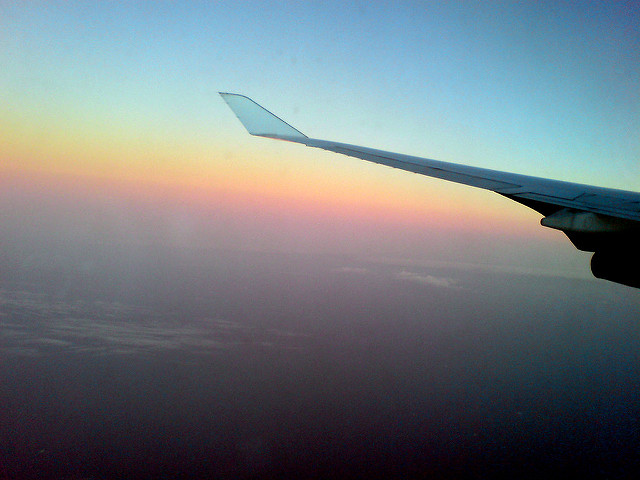
Recently, a video showing a United Airlines passenger being forcefully dragged out off the plane after refusing to give up his seat went viral. The airline had double-booked the seat, a common occurrence, but this passenger was not persuaded by the standard incentives offered and tensions escalated quickly. The New York Times recently discussed the history of these airline practices and looked to sociology to help explain what happened on that United flight.
As the article explains, the government controlled airfares and routes before the Airline Deregulation Act of 1978. From then on, airlines have diverged in terms of prices, accommodations, and business practices. Due to fears surrounding 9/11 and tighter wallets due to the global recession of 2008, airlines began to ramp up their practice of double-booking flights in order to guarantee that planes are always full and to maximize profits.
This business practice may make sense to the airline, but it is not typically appreciated by its clientele. Elizabeth Popp Berman, a sociologist at the University at Albany, explains that there is well-documented research that could have predicted the United incident. She states,
“There is a lot of research in organizational settings that suggests perceptions of unfairness lead to anger, hostility and spiteful behavior … When an airline’s decision to remove passengers is seen as unfair because it does not conform to expectations about passengers’ rights or the airline’s obligations, it is not surprising that passengers will become less compliant.”

Comments